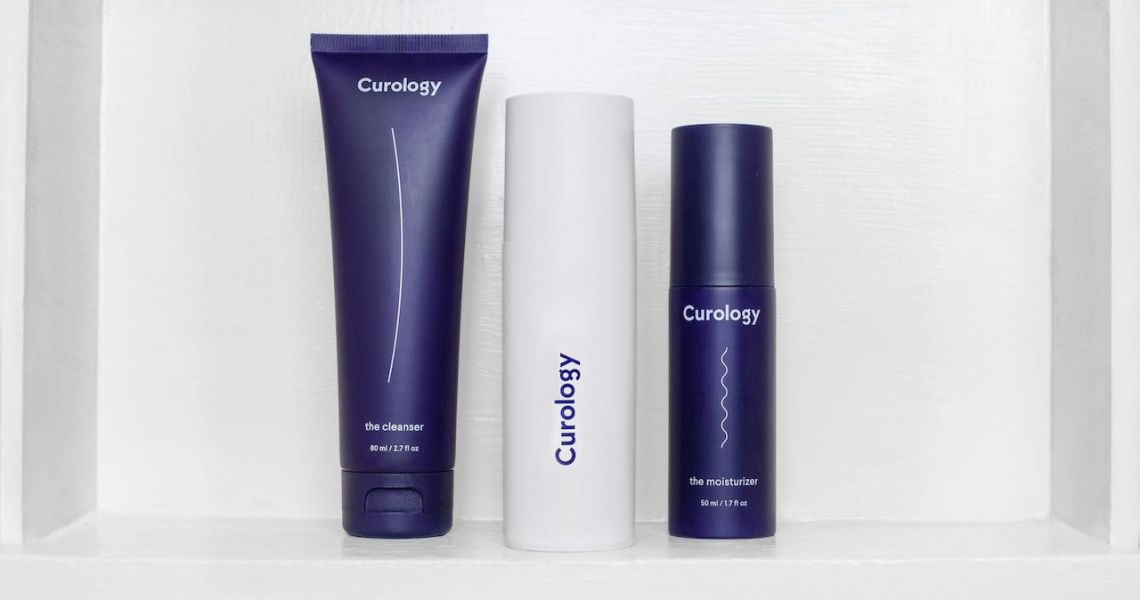Curology, a startup selling telemedicine dermatologist services and personalized prescription-strength acne products, is looking to expand its focus. Next up for the brand is anti-aging products, as it hopes to capture aging and older customers.
Acne affects about 50 million Americans a year, yet with the total American population hovering around 328 million, anti-aging products represent a much bigger market opportunity for Curology, which was founded in 2014. Customers sign up online and take a photo of their skin, then engage in an online consultation and receive a customized treatment schedule and medication. The brand has raised over $17 million in venture capital and has tripled its customer base year-over-year for the past two years, according to Dr. David Lortscher, M.D., Curology co-founder and CEO. (He declined to disclose revenue and customer database figures.)
Though the company’s core customer group is women between 20 and 24 years old, as it has earned more brand awareness, it has seen increased demand for anti-aging products from customers in their 30s, said Lortscher. That’s in keeping with industry trends: According to the Mordor Intelligence group, the global anti-aging sector is seeing a compound annual growth rate of nearly 6 percent and will be valued at $429 billion by 2022.
Thanks to the medical consultation and personalized nature of selling its face wash, serum and moisturizer, the company has been able to offer anti-aging products since it was founded. If a customer expressed significant aging concerns in the Curology online quiz or subsequent consultation, anti-aging products were recommended. Sales of those products accounted for between 5 and 10 percent of sales in 2018. To build on that, Curology is adjusting its digital communications, website copy and influencer marketing strategy to formalize anti-aging as a product category throughout 2019. Curology would not disclose if it is launching new anti-aging products this year.
“We are thinking about [long-term growth]. We know that once people have achieved clear skin, they are looking for what is next,” said Fabian Seelbach, svp of marketing for Curology.
Some of the anti-aging focus has begun to take shape, and that’s set to increase throughout the year. In December 2018, website copy referencing wrinkles and dark spots started appearing on Curology’s website and more of the brand’s ads began to emphasize anti-aging. In the last three weeks, those aging-specific online advertisements have seen over 65,000 engagements, including clicks, likes and comments. Internally, the company has shifted resources across its marketing, creative, product development and tech and digital teams to focus on anti-aging, said Seelbach.
Curology has also begun using some of its influencers to engage in specific anti-aging promotions. The influencer partners wre both paid and unpaid, and included (paid) influencer Angie Schmitt of the blog Hot & Flashy, who has over 400,000 YouTube followers. Her two recent videos on anti-aging, released in December and earlier this month, both received around 130,000 views.
“By creating more awareness around anti-aging, it will help us grow,” said Seelbach. “And that will come through [customers’] conversations with their medical providers, email communication and website communication.”




